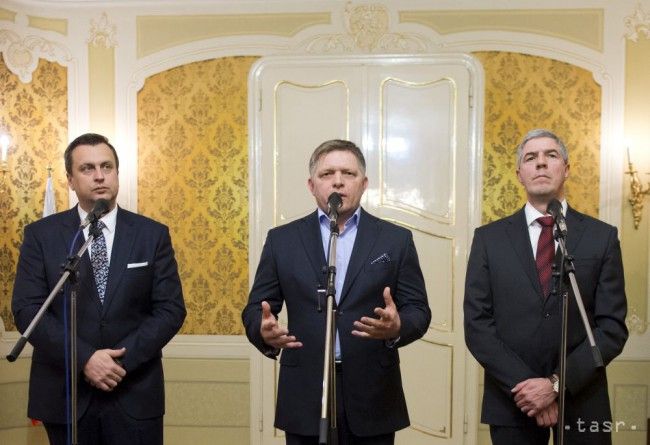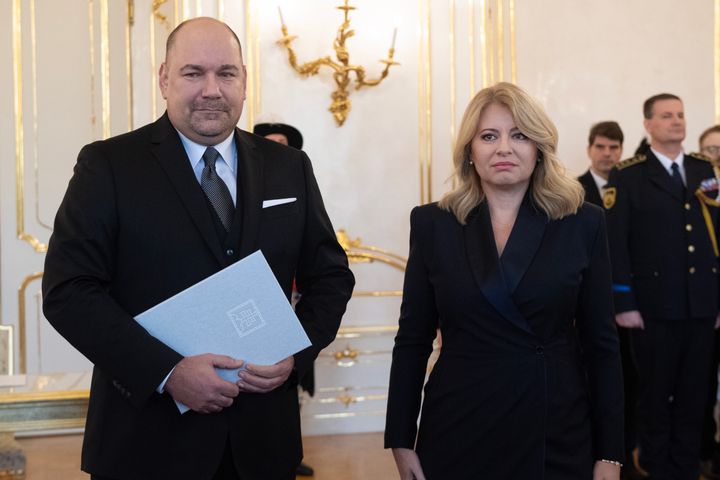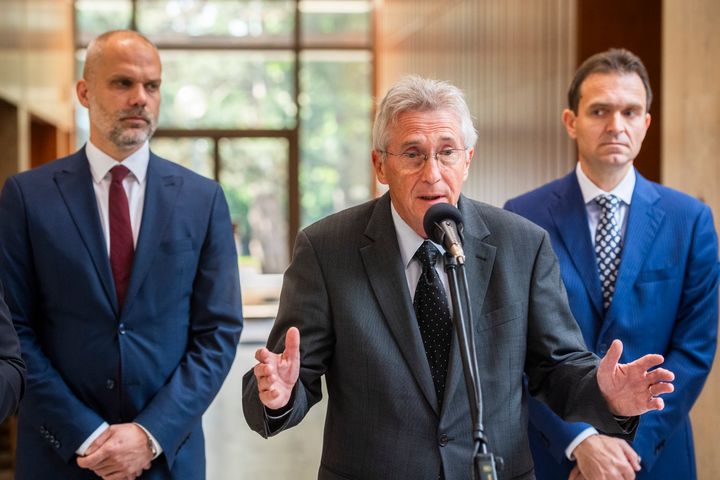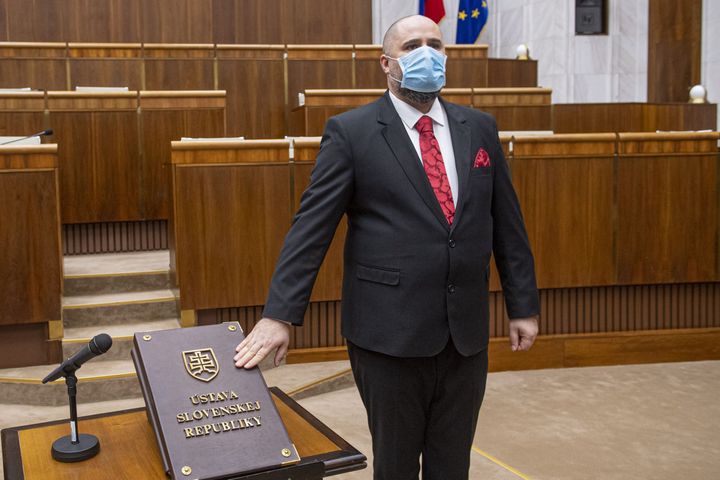Coalition Unveils Solution for Revoking Meciar's Amnesties

Bratislava, March 15 (TASR) – A legislative proposal to revoke Vladimir Meciar’s amnesties in a constitutional fashion has seen the light of day, the chairmen of the three coalition parties – Smer-SD, Slovak National Party (SNS) and Most-Hid – said at a press conference on Wednesday.
The compromise solution the coalition parties have arrived at will be discussed by the Government later in the day. It features an amendment to the Slovak Constitution that would invest in Parliament a new power to deliberate on controversial amnesties and presidential pardons, with their potential revocation always requiring also consent by the Constitutional Court.
The Cabinet will also discuss the constitutional amendment to scrap Meciar’s amnesties and the pardon granted by former president Michal Kovac [1993-98] to his son. This motion is to be forwarded to Parliament only after the Slovak Constitution is first amended. If three-fifths of MPs vote for the proposal, the matter will be advanced to the Constitutional Court, which will decide within the period of 60 days whether Parliament’s decision is valid.
The coalition leaders called their proposal a watershed compromise and in full accordance with all their previous stances on the long-running issue of Meciar’s amnesties. “What we’ve managed to accomplish over the past three days represents evidence that this governing coalition takes action and is willing to seek constitutional redress to problems that we might not have known how to unequivocally and without doubts translate into solutions in the past,” said Prime Minister Robert Fico (Smer-SD).
According to SNS chair Andrej Danko, the motion represents a watershed compromise that deserves praise for everyone involved. “The crux lies in the fact that the Slovak Republic’s legal system hasn’t had any legal remedy nor extraordinary legal remedy in case of a Slovak president’s individual failure,” said Danko, adding that now a system of checks and balances is being introduced with a failsafe in the form of having the revoking decision by Parliament looked into by the Constitutional Court.
Most-Hid chair Bela Bugar voiced his delight at the fact that the Government managed at last to draft a solution after so many years of controversy stirred by the amnesties. “So many governments have attempted to tackle this issue, but it seems that this Government will offer the solution to the Opposition and, if there is genuine effort, we can put this issue to rest once and for all,” said Bugar.
Parliamentary chair Andrej Danko said that he wants to convene a parliamentary gremium later in the day and seek support for the bill from the chairmen of the Opposition parties.
When asked what will come next after the amnesties are annulled, Prime Minister Fico replied that law enforcement bodies will be greenlighted to take action. “They will get an opportunity to continue [investigations and prosecution]. Whether or not they accomplish something is beyond our control,” he claimed, adding that the punishments for perpetrators of crimes that are the subject of an amnesty cannot be predicted beforehand.
Meciar’s amnesties relate both to the 1995 kidnapping of Michal Kovac Jr. and the murder in 1996 of Robert Remias, who served as a contact for a key witness of the abduction.



